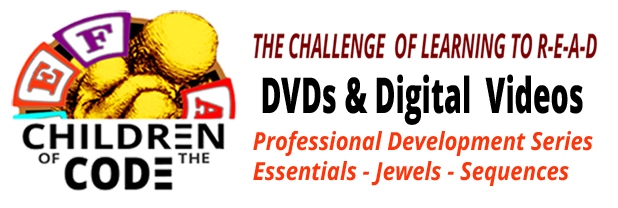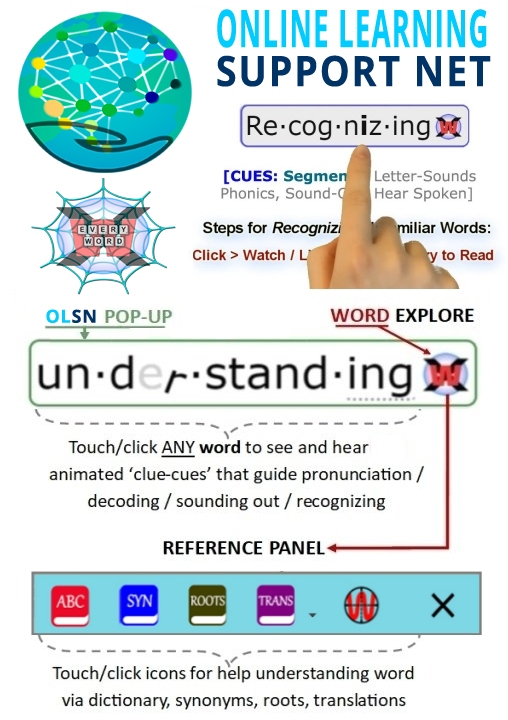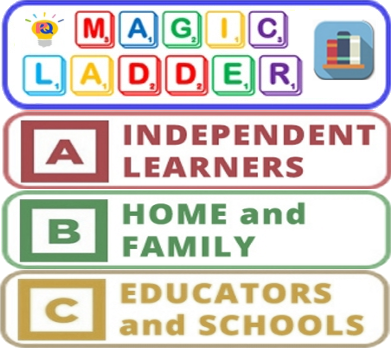Nation’s Greatest Learning Disability
Note: Remember to click on any word on this page to experience the next evolutionary step in technology supported reading.
The Nation's Greatest Learning Disability
David Boulton: …It seems to me that the nation’s biggest learning disability is engendered by the process of learning to read.
Dr. Edward Kame’enui: Oh, absolutely.
David Boulton: Right?
Dr. Edward Kame’enui: Yes, yes, absolutely. It’s the most public — I mean…
David Boulton: The most widespread learning-disabling thing that happens to human beings is the process of learning to read.
Dr. Edward Kame’enui: Absolutely. And the most public. For example, you can hide from the math stuff. You can get away with the math because you have enough other systems that can help you on that. But the reading one is tough. It’s hard to hide on that one. That’s a good point.
Edward Kame’enui, Past-Commissioner for Special Education Research where he lead the National Center for Special Education Research
under the Institute of Education Sciences. Source: COTC Interview – http://www.childrenofthecode.org/interviews/kameenui.htm#NationGreatestDisability
Disability: Neurobiological or Acquired?
-
It’s important to us to use the “disability” word non-metaphorically. That’s why I see myself pushing back on a couple of your questions regarding “acquired” disabilities. The neurobiological nature of learning disabilities is rooted in science, and also provides the foundation for federal protections and opportunities (flawed though they may be). Saying that millions more children are “disabled” due to instructional malfeasance is not something we would say or encourage. That said, there is considerable evidence that a percentage of children (hard to specify) are being labeled “learning disabled” simply because they have not been taught effectively.
-
I encourage you to establish and maintain a distinction between reading difficulty/problem and reading disability/disorder. As we discussed in the interview, many millions of kids struggle to read and learn, but a smaller number will truly qualify as having dyslexia/a reading disability.
James Wendorf, Executive Director, National Center for Learning Disabilities. Source: COTC Interview – http://www.childrenofthecode.org/interviews/wendorf.htm#Postscript













